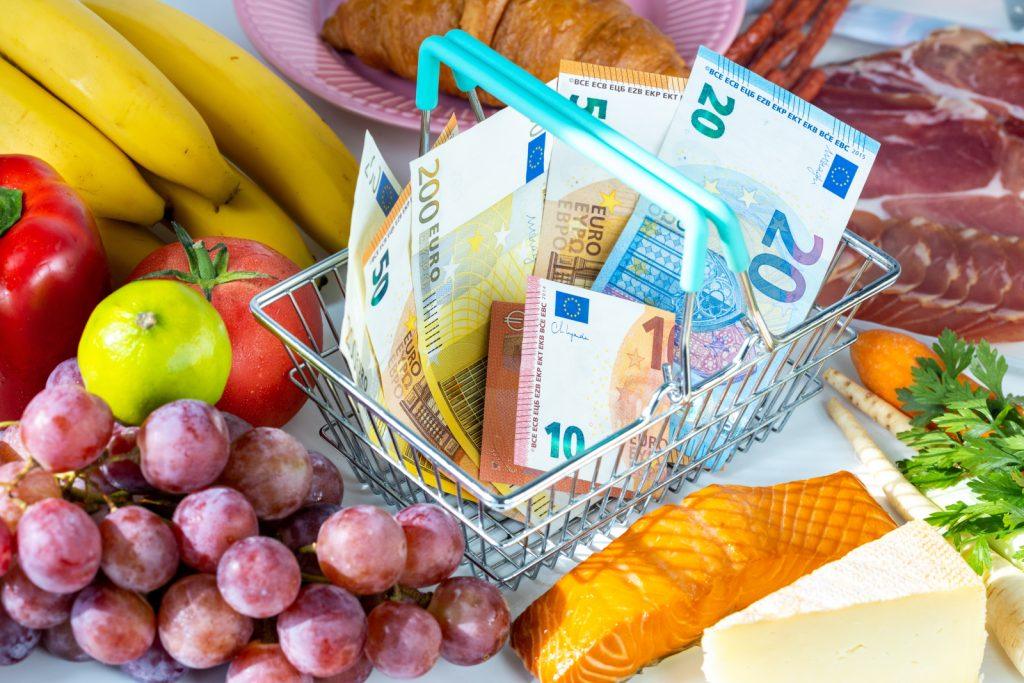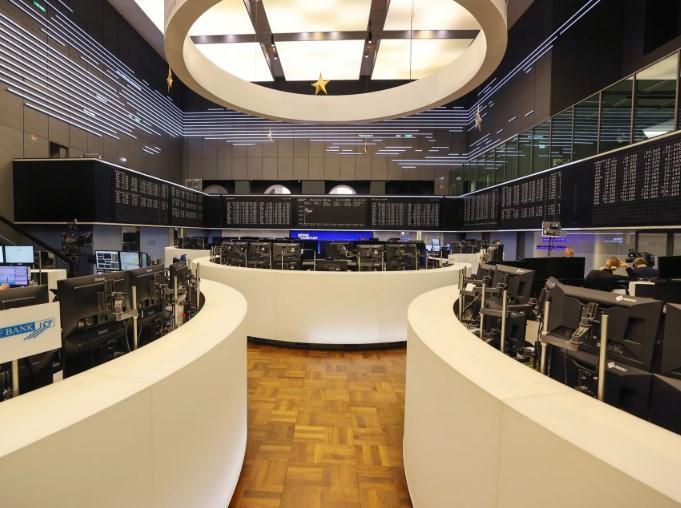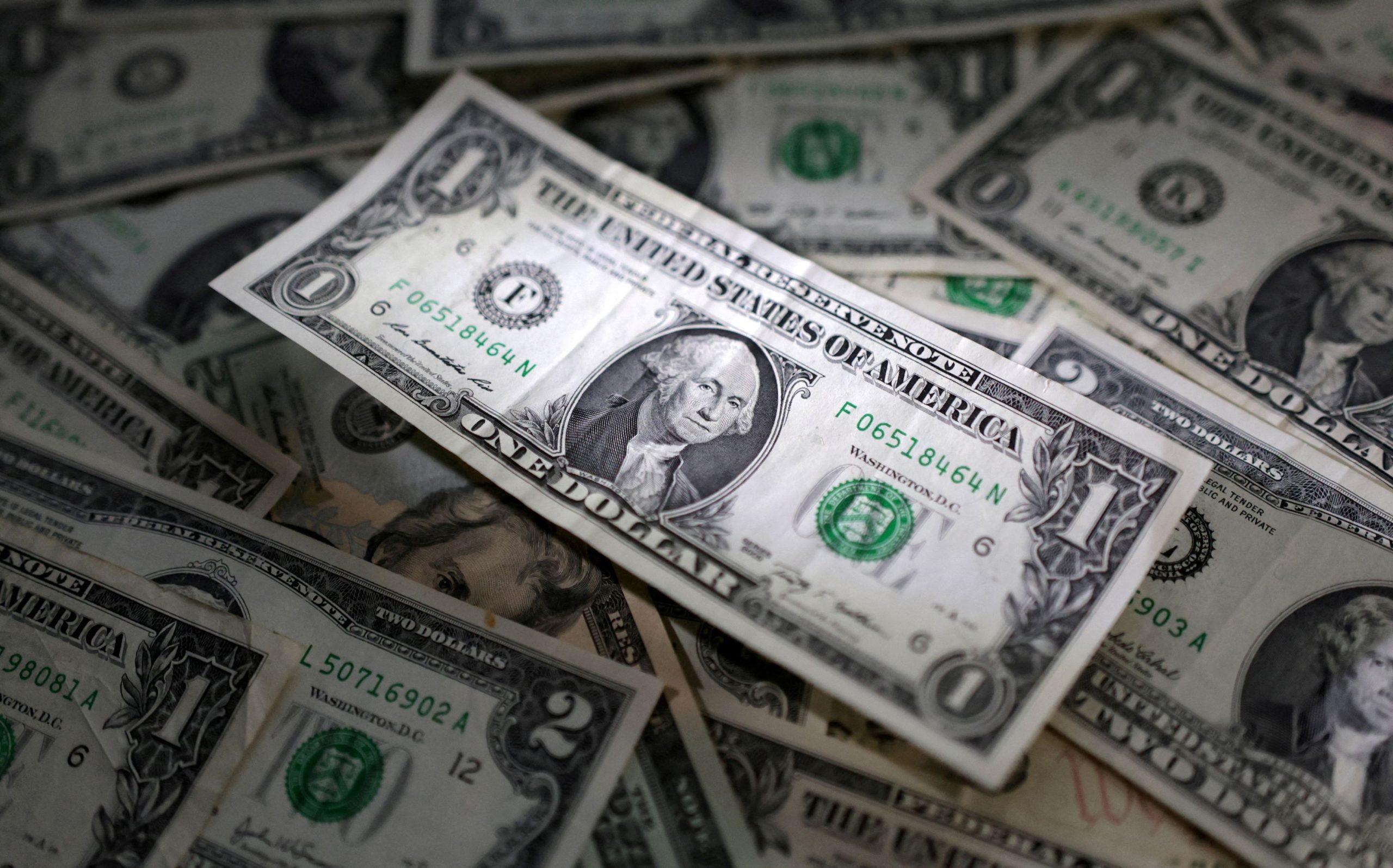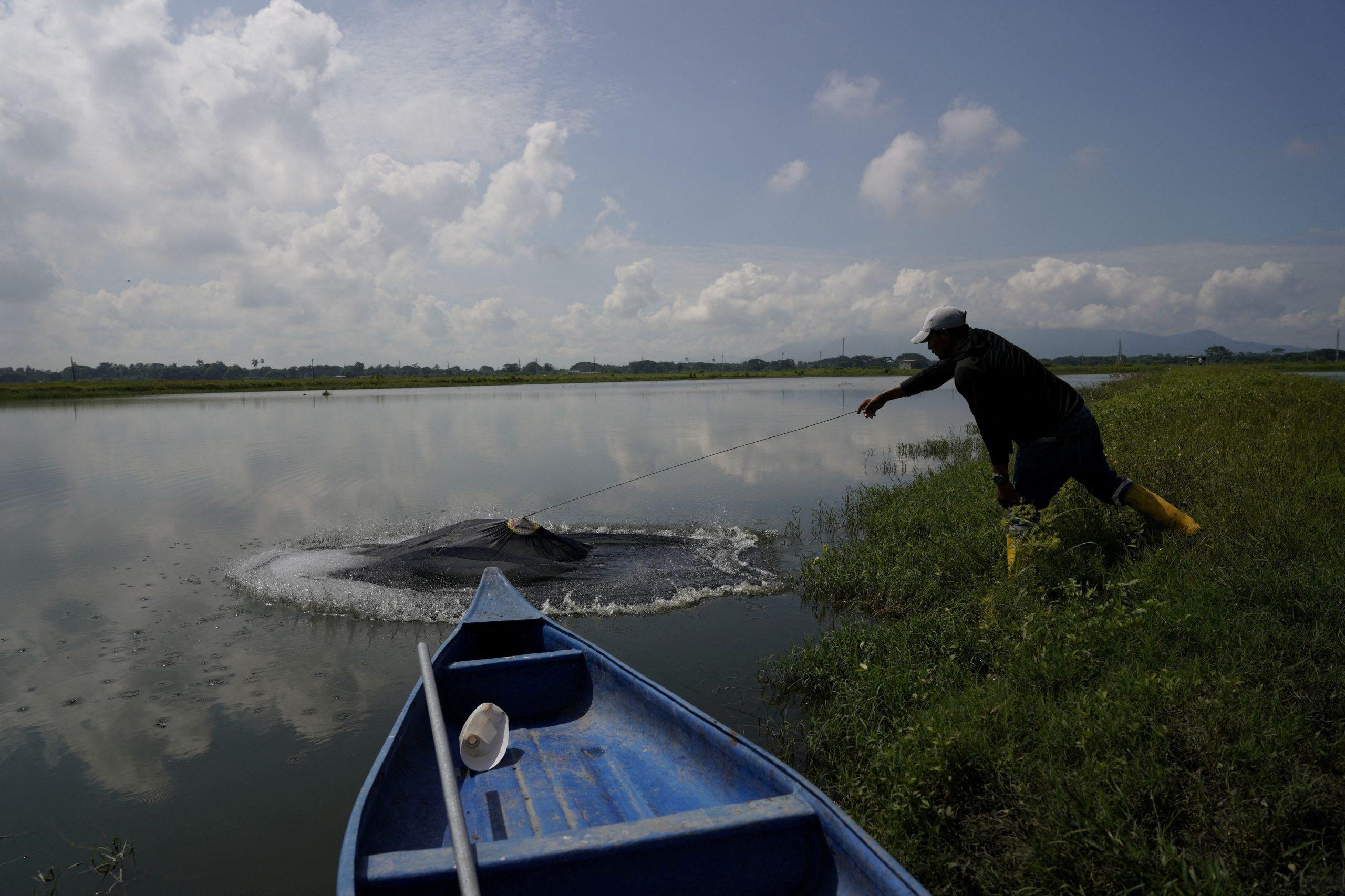Fruit prices in Greece’s local markets and grocery stores have surged to unprecedented levels, rendering them nearly inaccessible for many consumers. The sharp increases have sparked widespread concern, with shoppers questioning whether they are purchasing fruit or high-end meat cuts.
Seasonal varieties, once considered affordable staples, now come with a hefty price tag from the outset—whether displayed at open-air markets, neighborhood greengrocers, or major supermarket chains.
Current market data reveals that prices for cherries range from 10 to 18 euros per kilogram, while apricots are being sold for as much as 6.50 euros per kilogram.
Supermarket shelves tell a similar story of inflation. In May of last year, the price of melons stood at 1.49 euros per kilogram; this year, it has more than doubled to 3.48 euros. Watermelons, previously priced at 0.89 euros, have risen to 1.79 euros per kilogram. Apricots have seen an increase from 4.48 to 5.89 euros per kilogram, and a 250-gram package of strawberries now costs 2.99 euros, up from 2.29 euros last year.
Apostolos Raftopoulos, President of the General Confederation of Greek Workers (GSEE), noted: “In 2025, compared to 2024, we observe almost a doubling of prices across the same supermarket chains. At present, cherries are the most expensive fruit on the market.”
Industry analysts attribute the soaring costs to diminished production resulting from unfavorable weather conditions, which have severely impacted crop yields. In numerous instances, fruit prices have doubled compared to the previous year.
Additionally, experts cite escalating labor costs, increased prices for agricultural supplies, and rising transportation expenses as contributing factors to the dramatic price hikes observed nationwide.
Source: tovima.com



































